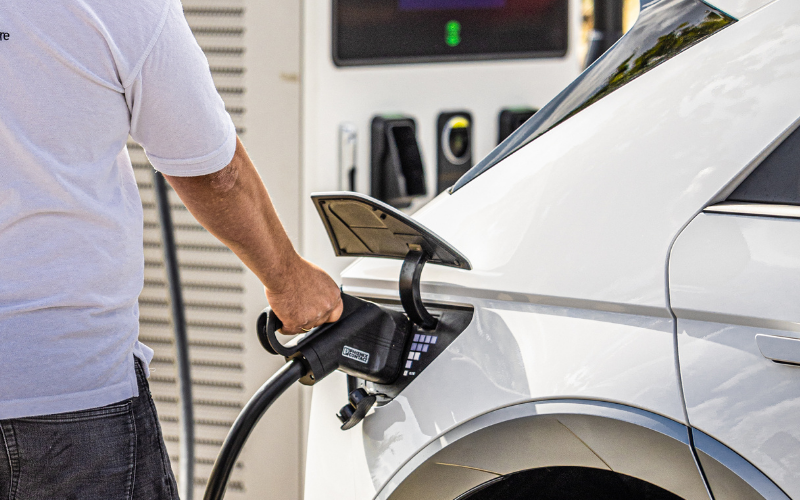
EV charging vs petrol
As EVs become more commonplace on our roads, and more and more brands have brought out hybrid and fully electric vehicles, more people than ever before are beginning to think about whether an EV is a good option for them. So which is more cost-effective, an EV or a petrol car?
This Summer, petrol and diesel prices in the UK hit a record high, with the average price of petrol hitting 191.53p per litre and diesel reaching 199.05p per litre in July 2022. So, it’s understandable that many people are considering a move away from petrol and diesel cars.
There are a couple of things to consider when trying to work out whether a petrol or electric vehicle would be more cost-effective for you. The first is that the initial cost of the EV vehicle purchase is often higher than that of a petrol car (particularly used cars). However, if you do a lot of driving, then an EV can save you money in the long run. EVs are generally cheaper to run than petrol cars, as you only need to charge them up rather than refilling with petrol. However, with some rapid chargers costing up to £1/kWh, it’s worth considering where, when and how often you’ll need to recharge, as opting for home or slower public chargers could help to keep costs lower overall.
Another factor which could help to sway you is the Road Tax rate for EVs. With some diesel cars paying hundreds in road tax, EV owners can rest easy in the knowledge that they have £0 in road tax to pay in 2022/23, as the UK government works to incentivise EV ownership.





